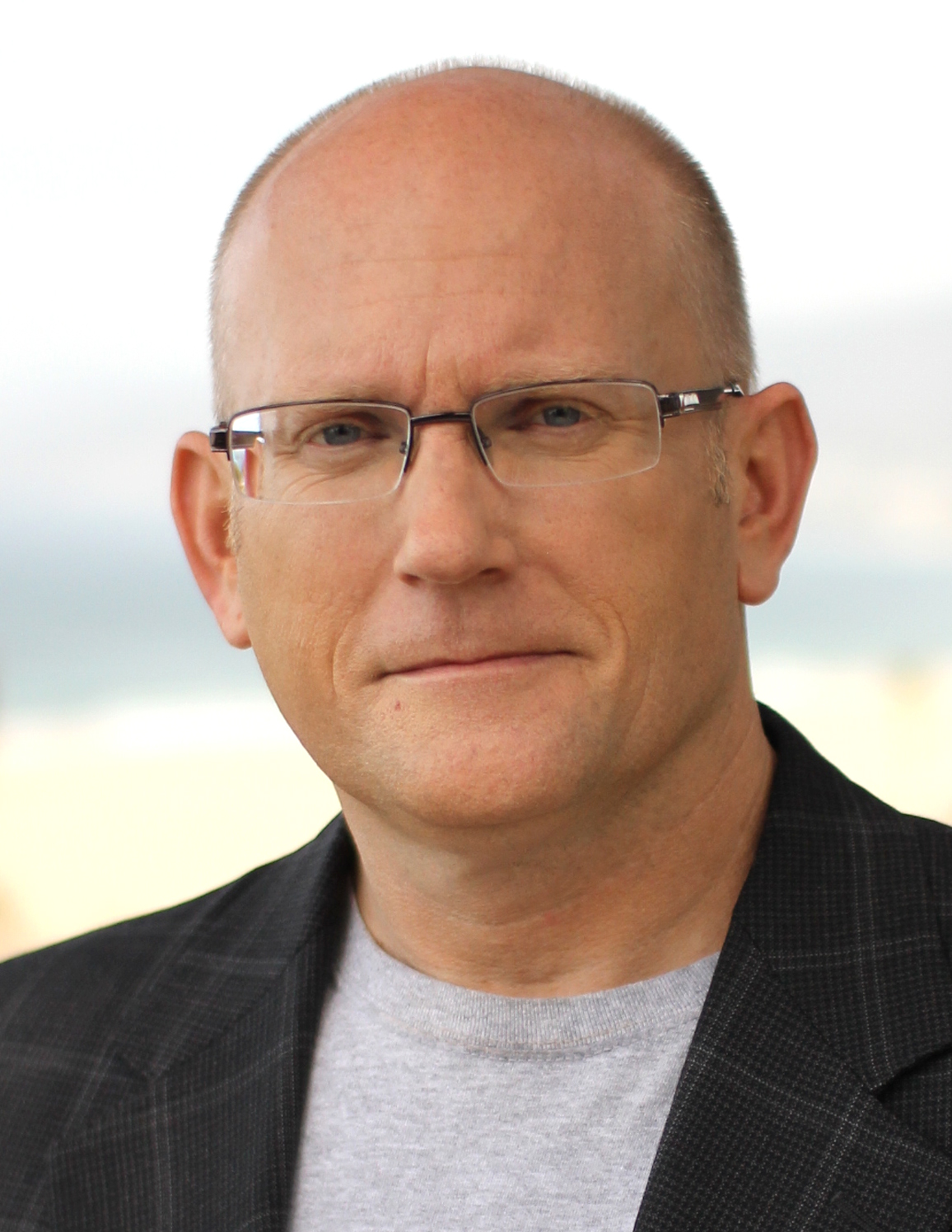Welcome to the first edition of Lunacy Algebra, a series of metaphorical formulas and existential equations designed to help you achieve your goals in filmmaking while also providing a little insight into life in general. (Apologies to anyone presently enduring flashbacks to bad grades in high school. Don’t fret, there will not be any actual math!)
First up: WE > ME
Listen closely the next time you hear a filmmaker talk about a particular project. Pay attention the pronouns they use. Do they say things like, “I’m very proud of my film” or “My DP was amazing” or do they say things likes like, “We were worked our tails off on this shoot” or “Our editor really worked some magic in the cutting room”?
On the surface this may seem like a subtle difference. And sure, using a plural pronoun could simply indicate that someone is speaking on behalf of a group. But it might also suggest something deeper: That the speaker is more considerate of others and, as result, a more effective leader.
Pronouns can actually signify someone’s focus of attention. People using first-person plural and second-person (“we,” “us,” “you”) are more likely to be outward oriented and considerate of the thoughts, feelings, and behaviors of others. However, folks who may feel insecure, are overly self-aware, or even narcissistic tend to emphasize themselves, using words such as “I,” “me,” and “mine.”
How big a difference might this make?
Think about it from the perspective of everyone else who has worked — or will work — on the film. When you say “my film” or “I shot this” or “I made this happen” you run the risk of sounding like you’re diminishing the efforts of those other contributors. Filmmaking is an insanely collaborative art form. Writers need directors. Directors need producers. Producers need financiers. We all need our casts and crews to coalesce and combine their creativity, technical expertise, and perseverance towards a common goal.
Going out of your way to acknowledge the contributions of others makes your coworkers feel like their work is appreciated, which automatically increases your chances of being invited to collaborate on other projects. Consequently, you’ll find yourself working more regularly and ultimately advancing your career. Part of what helps a filmmaker succeed is respect and recognition from their collaborators, peers, and fans. You’re at least partially legitimized by the groups you are leading. Respecting those around you and their collective effort will accelerate that advancement.
It also provides some C.Y.A. when you give individuals specific shout-outs, since it’s virtually impossible to thank everyone.
And hey, plenty of people in positions of power are self-focused. But does the world really need any more of them? Does anyone look forward to working with them? And if you end up successful but surrounded by people who aren’t invested in you or your work, are you going to get their best effort? That’s going to make it harder for you to do your best work over time.
By the way, for those of you thinking this could steer into possessory credit credit territory, that’s too deep a rabbit hole to head down right now. But stay tuned for a future post about that and credits overall.
The exceptions to WE > ME:
There are two very important instances when “I” is the better word to use.
As a general rule, use “we” to celebrate positive group accomplishments, and “I” for those times when you’ve stumbled and are resolving to improve. Being accountable for your mistakes is another important way to earn the respect of your peers and further strengthen your team.
You can also, of course, use “I” in those moments when it is important to emphasize your personal contribution to a project, for example, when you’re interviewing for a new gig. But a job interview, which takes place in private, is much different than a media interview that will be read and/or seen by your industry peers. Like so many things in life, be mindful of the time and place, and, as we’ve suggested previously on this blog, think before you speak.
Pronouns are small, but potent, signals to others. Switching from the singular “I” to the plural “we” may not win you an Oscar, but it might help shift your perspective from self-focused to others-focused, increase your awareness of the needs of others and, as you work to meet those needs, make you a better filmmaker. After all, there’s a reason you’re doing this instead of teaching Calculus.

Lunacy Productions’ head honcho Stu Pollard has helped produce dozens of independent films, including Alexandra Shiva’s documentary This Is Home (Audience Award, 2018 Sundance Film Festival), the powerful high school drama And Then I Go (2017), and Zachary Trietz’s Men Go to Battle (Best Narrative Feature, 2015 Tribeca Film Festival), as well as the rom-com Plus One and elevated thriller Rust Creek, both due out later this year. He has taught at USC’s School of Cinematic Arts and Film Independent.

